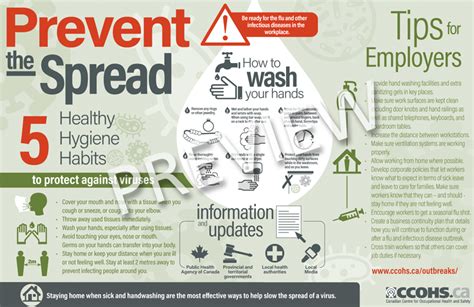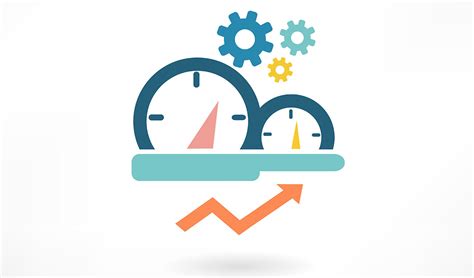What micronutrients boost natural testosterone for peak male performance?
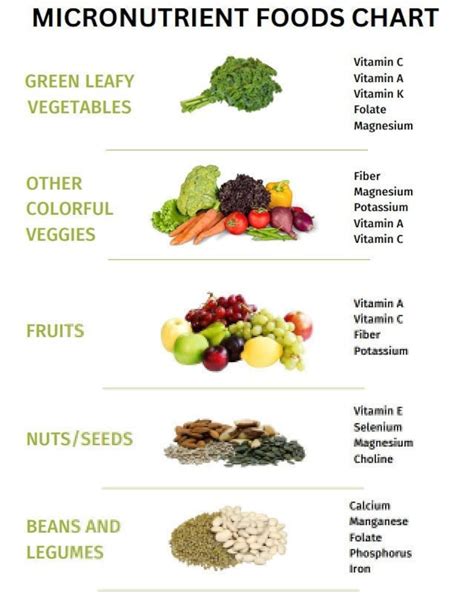
Unlocking Male Vitality: The Micronutrient Connection to Testosterone
Testosterone is the cornerstone of male health, influencing everything from muscle mass and bone density to mood, energy levels, and libido. While age naturally brings a decline, various lifestyle factors can impact its production. Among the most potent, yet often overlooked, elements are specific micronutrients. These vitamins and minerals act as crucial cofactors in the complex biochemical pathways that synthesize and regulate testosterone.
Understanding which micronutrients are essential and how to incorporate them into your diet can be a game-changer for men aiming to optimize their natural testosterone production and achieve peak performance in all aspects of life.
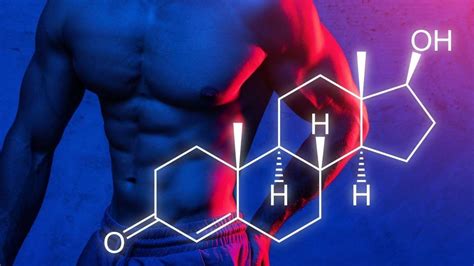
Key Micronutrients for Testosterone Optimization
Zinc: The Mineral Master for Male Hormones
Zinc is perhaps the most well-researched micronutrient when it comes to testosterone. It plays a critical role in several aspects of male reproductive health, including sperm production and testosterone synthesis. Zinc deficiency can lead to a significant drop in testosterone levels, while supplementation in deficient individuals has been shown to restore levels to normal. It also helps inhibit the enzyme aromatase, which converts testosterone into estrogen, thus maintaining a favorable testosterone-to-estrogen ratio.
Vitamin D: The Sunshine Hormone’s Ally
Often referred to as the ‘sunshine vitamin,’ Vitamin D actually functions more like a hormone in the body. Research consistently shows a strong correlation between adequate Vitamin D levels and higher testosterone. Vitamin D receptors are found in the testes, indicating its direct involvement in testosterone production. Sufficient exposure to sunlight or supplementation is crucial, especially for those living in less sunny climates or with indoor lifestyles.
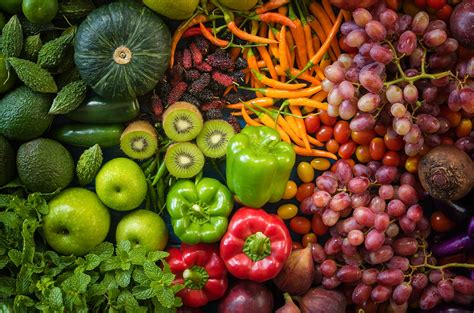
Magnesium: Enhancing Bioavailable Testosterone
Magnesium is an essential mineral involved in over 300 enzymatic reactions in the body, including those related to muscle function, nerve transmission, and energy production. For testosterone, magnesium’s benefit lies in its ability to reduce the binding of testosterone to Sex Hormone Binding Globulin (SHBG). When testosterone is bound to SHBG, it becomes inactive. By reducing this binding, magnesium effectively increases the amount of free, biologically active testosterone available for the body to use.
Boron: The Estrogen Modulator
While less commonly discussed than Zinc or Vitamin D, Boron is a trace mineral that has shown promising results in testosterone regulation. Studies suggest that boron supplementation can significantly increase free testosterone levels while simultaneously decreasing estrogen. It appears to play a role in reducing the activity of aromatase, similar to zinc, thereby supporting a healthier hormonal balance.
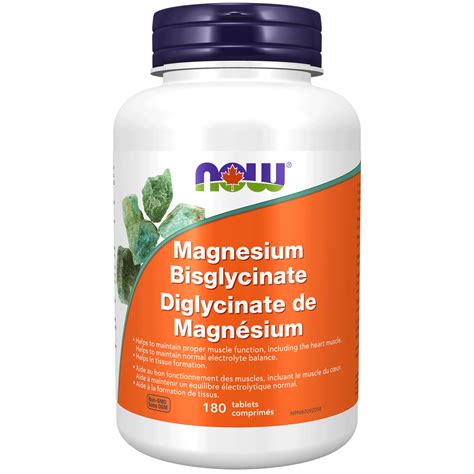
Selenium: Testicular Health and Antioxidant Power
Selenium is a potent antioxidant that is vital for overall cellular health, including the health of Leydig cells in the testes, which are responsible for testosterone production. It protects these cells from oxidative damage, which can impair their function. Adequate selenium intake supports healthy testicular function and, consequently, healthy testosterone levels.
B Vitamins (Especially B6): Cofactors for Hormone Metabolism
While not directly boosting testosterone in the same way as Zinc or Vitamin D, several B vitamins act as crucial cofactors in various metabolic pathways, including those involved in hormone regulation. Vitamin B6, for instance, helps regulate prolactin levels, high levels of which can suppress testosterone. B vitamins collectively support energy production and stress management, both of which indirectly influence hormonal balance.

Dietary Sources and Holistic Approach
The best way to ensure adequate intake of these micronutrients is through a balanced diet. Foods rich in zinc include oysters, red meat, poultry, beans, and nuts. Vitamin D can be obtained from fatty fish, fortified foods, and sunlight exposure. Magnesium is abundant in leafy greens, nuts, seeds, whole grains, and dark chocolate. Boron can be found in fruits, vegetables, and nuts. Selenium is present in Brazil nuts, seafood, and organ meats. B vitamins are widely available in whole grains, meat, eggs, dairy, and leafy greens.
While focusing on these micronutrients is crucial, remember that testosterone optimization is a holistic endeavor. Alongside a nutrient-dense diet, incorporating regular strength training, ensuring adequate sleep, managing stress, and maintaining a healthy body weight are all vital components for naturally boosting testosterone and achieving peak male performance.

Conclusion
Micronutrients are unsung heroes in the quest for optimal male health and robust testosterone levels. Zinc, Vitamin D, Magnesium, Boron, Selenium, and certain B vitamins play distinct yet interconnected roles in the synthesis, regulation, and bioavailability of this crucial hormone. By prioritizing a diet rich in these essential elements and adopting a healthy lifestyle, men can naturally support their testosterone production, leading to improved energy, strength, mood, and overall vitality.

